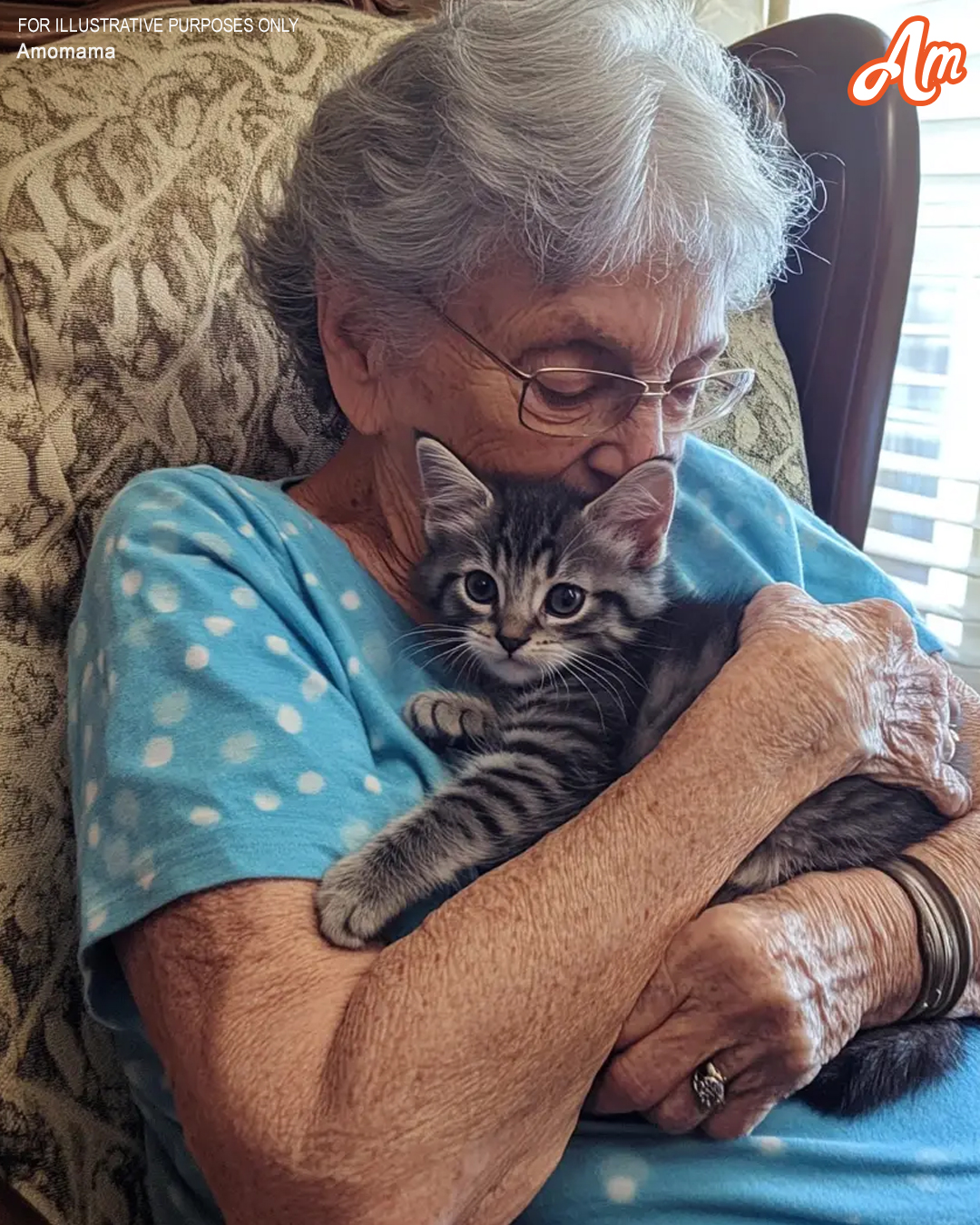The Kitten Conundrum: A Daughter-in-Law’s Perspective
Navigating the responsibilities of pet ownership can be challenging at any age, but when seniors decide to bring a new furry friend into their lives, it often sparks a mix of emotions and concerns among their family members. Such is the case for one daughter-in-law who finds herself at odds with her 77-year-old mother-in-law’s decision to adopt a kitten. [read more]
At 77, the mother-in law, despite facing health issues and living alone, decided that a kitten would be her new companion. To her, the kitten represents not just a pet but a source of joy, activity, and companionship. “It will keep me active,” she confidently says, waving off concerns about the challenges that come with raising a young cat.

The Practical Concerns
From the daughter’s perspective, the decision seems fraught with potential problems. Kittens require significant attention, from feeding and playtime to regular vet visits and the inevitable mischievous antics that come with their curiosity. The daughter-in-law worries about who will shoulder these responsibilities if her mother-in-law’s health declines or if the kitten becomes too much to handle.
A Clash of Perspectives
This situation underscores a common clash of perspectives: the desire for companionship and the reality of care responsibilities. While the mother-in-law views the kitten as a positive addition to her life, her daughter-in-law foresees the burden of care potentially shifting to her. This fear is compounded by the concern that the emotional bond formed between the mother-in-law and the kitten will make it even harder to address these practical issues later on.
Finding a Balance
Resolving such conflicts requires empathy and open communication. It’s important to acknowledge the emotional benefits that pets can bring to seniors, such as reducing loneliness and providing a sense of purpose. However, it’s equally crucial to have a candid discussion about the practicalities and potential future scenarios. A compromise might involve ensuring support systems are in place, perhaps with family members agreeing to help with certain tasks or contingency plans for the kitten’s care if circumstances change.
Conclusion
As the population ages, more families will face similar decisions about pet ownership among seniors. Balancing the emotional desires for companionship with the practical aspects of pet care is essential. Through understanding and cooperation, families can find solutions that ensure both the well-being of their elderly loved ones and their furry companions. [/read]